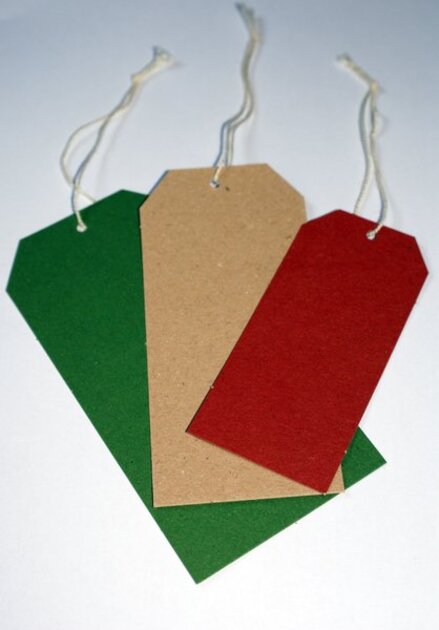
The Gemara on Amud Aleph and Bais delves into a complex lomdishe discussion regarding various forms of damages and factors that influence leniency or stringency. For instance, fire, as a damaging force, also has wind mixed into it, which can propel the fire into another person's property. In contrast, a pit solely causes damage by the fall itself. In a separate scenario, the Gemara addresses the case of someone who directed their sewage pipe into a public thoroughfare. In this case, the Gemara draws a comparison between the damage caused by slipping on the sewage and that of falling into a pit, rather than that of a fire.
Yismach Moshe, in Vaera 7:1, deduces from the flow of the Gemara and based on Tosafos (Harey Shor), that when a damaging force is combined with another force, it causes more damage because it is more powerful. Consequently, there is potentially greater culpability for not adequately safeguarding it and greater liability. Using this lomdus, Yismach Moshe astutely interprets a cryptic Midrash.
Shemos Rabbah (6:1) quotes a verse that denigrates King Solomon (1 Kings 11:4):
"In his old age, his wives turned away Solomon’s heart after other gods."
The Midrash commentary on this verse exclaims, "It would have been better to describe Solomon as a sewer pipe cleaner than this."
What does this vivid metaphor in the Midrash allude to? When someone is influenced and persuaded by others to sin, they may be tempted to rationalize that they are less to blame. They might think, "Everyone else was doing it," or "I was coerced by my peers and social pressure." However, Yismach Moshe argues the opposite is true. Because individuals are autonomous, they cannot claim reduced liability due to external pressure and influence. What's more, we learn from our Gemara that a damaging force mixed with another force causes more destruction. Similarly, the intervention of persuasion from another person strengthens the alignment with sinful actions and morality, necessitating even stronger repentance and corrective measures.
This concept was subtly hinted at in the Midrashic lament regarding Solomon. It is better for Solomon to have been described as a public enemy expelling sewage because at least no other force was mixed in. However, since the scripture describes him as being influenced by his idolatrous wives, his corruption and damage resulting from the sin is greater.
Let's examine the implications of this perspective. Yismach Moshe focuses on the damage caused by sin committed under the influence of persuasion. While one might technically argue that their intention was diminished due to feeling compelled, the moral corruption and destruction is more profound. It leads to a loss of self and the collapse of internal moral strength. The individual not only becomes corrupt from within but is now infected from the outside. This offers insight on the psychological damage caused from being corrupted by external influences.
Translations Courtesy of Sefaria, except when, sometimes, I disagree with the translation ![]()
Do you like what you see? Please subscribe and also forward any articles you enjoy to your friends, (enemies too, why not?)
 Previous
Previous

